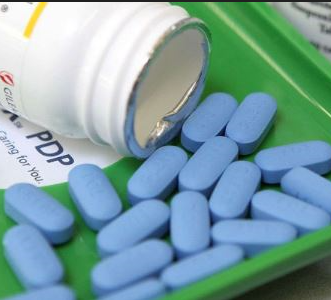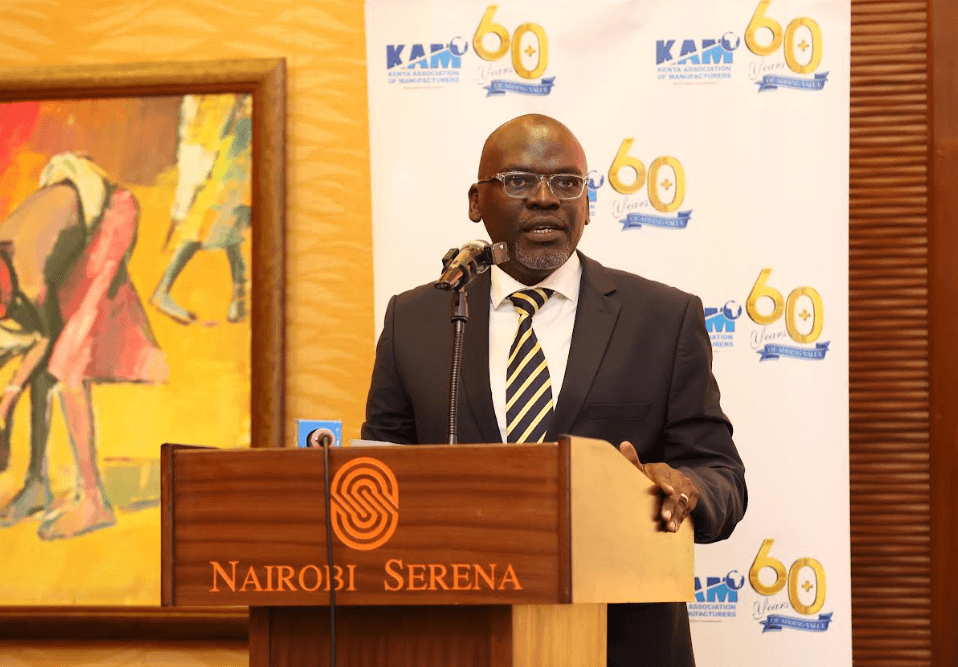
 Nevirapine drugs.
Nevirapine drugs.
Health Principal Secretary Dr. Ouma Oluga has confirmed there is no shortage
of Nevirapine in the country.
Molecule Nevirapine is a crucial antiretroviral medication, primarily used
in combination with other drugs to treat HIV-1 infection and to prevent
mother-to-child transmission of HIV.
It belongs to the class of non-nucleoside reverse transcriptase inhibitors
(NNRTIs) and helps to reduce the amount of HIV in the blood, slowing down the
progression of the disease.
PS Oluga said the drug is available in all counties, including at Jaramogi
Oginga Odinga Hospital (JOOTRH).
He dismissed claims that the country has a shortage of the drugs, saying facilities such as JOOTRH has enough stock to last
seven months.
“We have a drug for children called Nevirapine.
We have that drug in all counties. That story came from the county of Kisumu.
There, we have a stock of 7 months,” he reiterated.
Dr. Oluga made the remarks in Samburu County during the commemoration of World
Blood Donor Day.
He said Kemsa has more stock and continues to supply health facilities
nationwide.
Oluga urged the media to verify health-related
information with the ministry before publication.
The remarks follow public concern after the US
announced cuts to USAID-funded health programmes.
The government has assured Kenyans that Donald Trump’s funding changes will
not affect HIV services.
The ministry added that all HIV and STI data is
securely stored on government servers and that only authorized staff access the
data for care improvement and policy decisions.
Patient privacy remains protected, said the ministry and the National Aids
Control Programme (Nascop).
“Funding cuts do not affect access to health
records,” the ministry said.


















